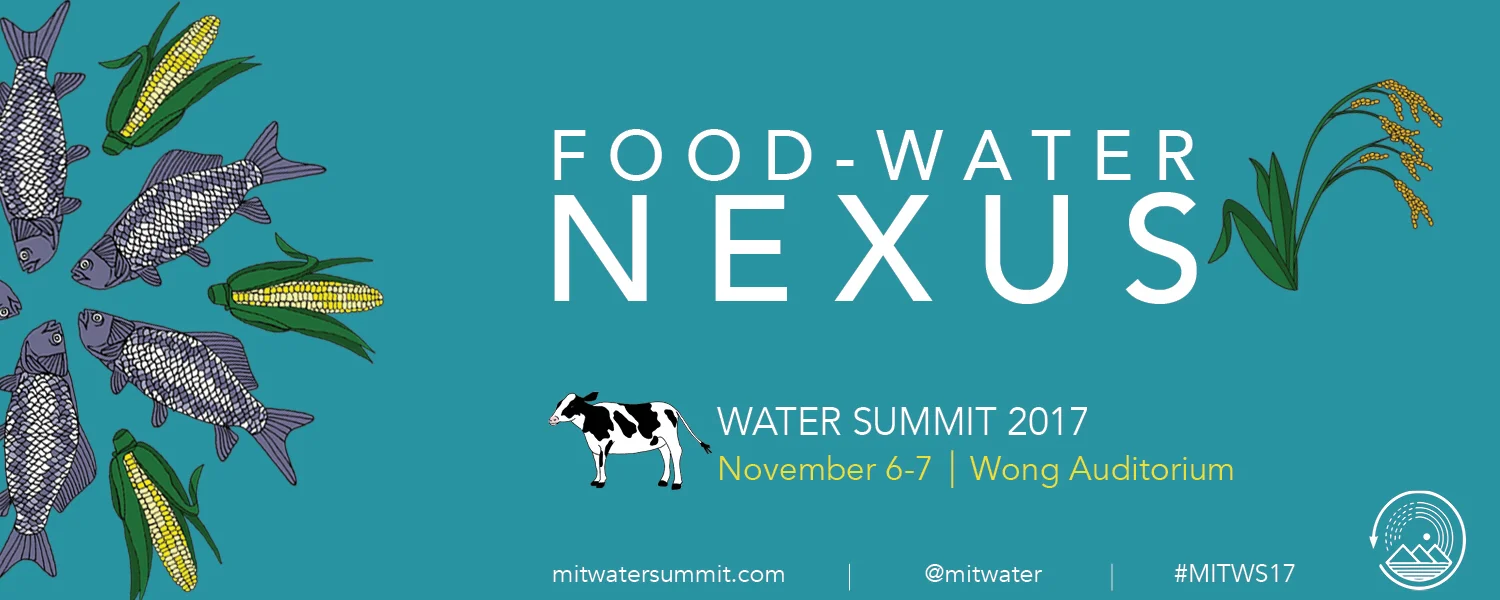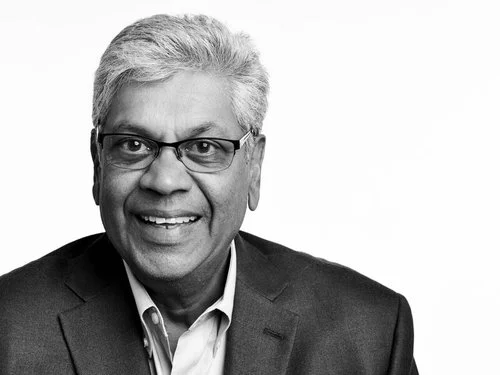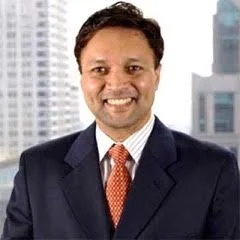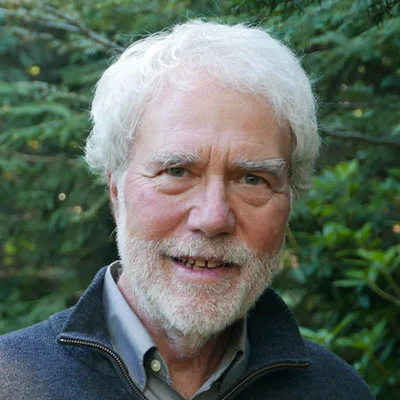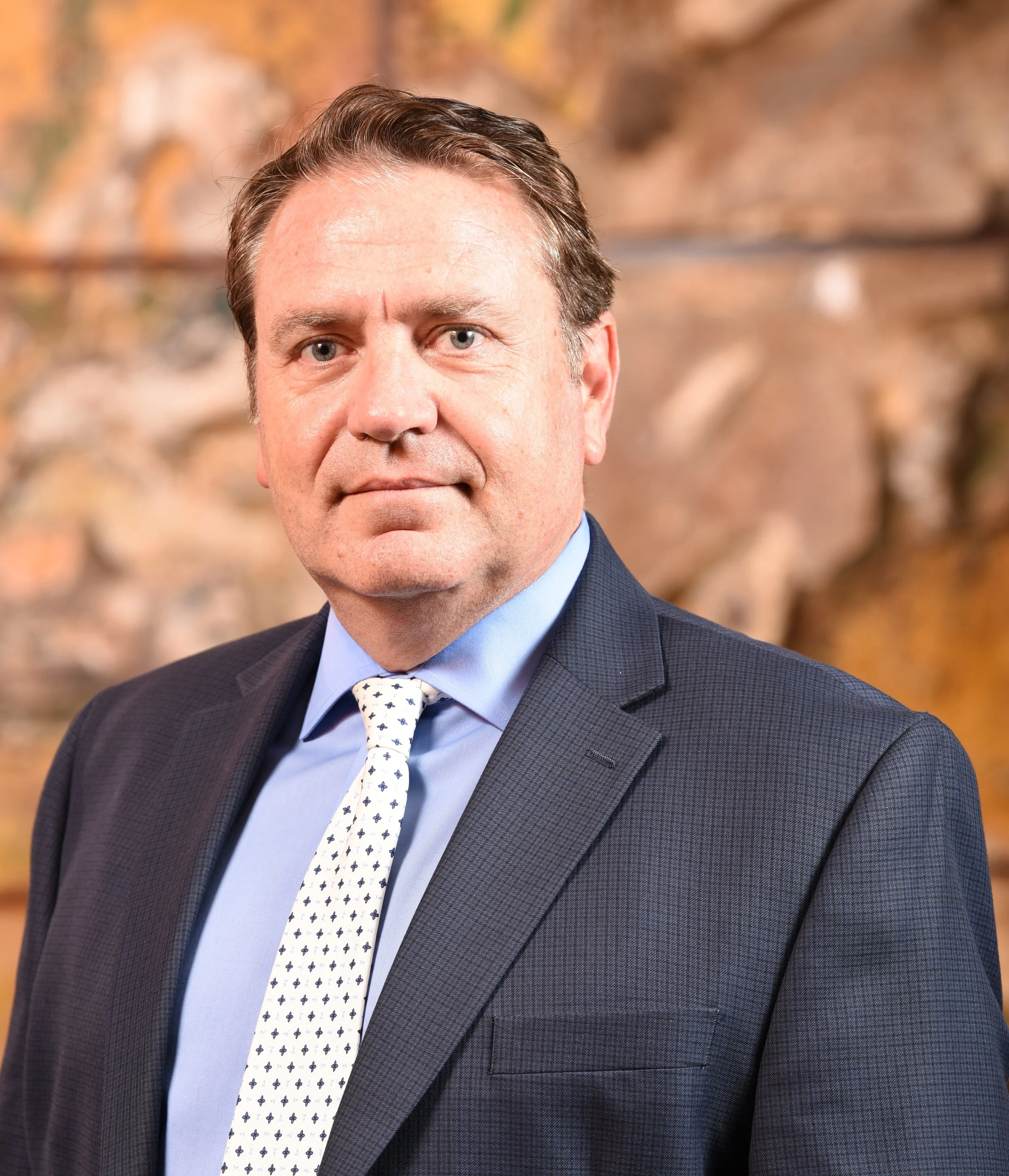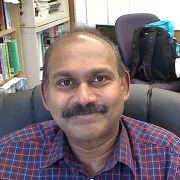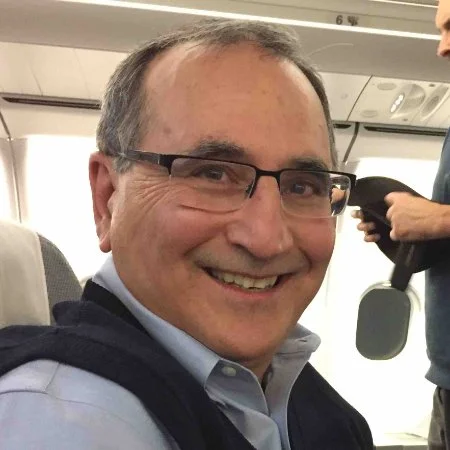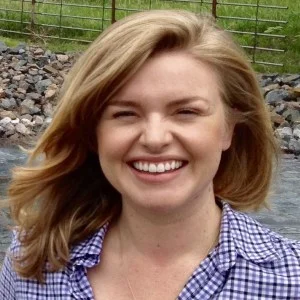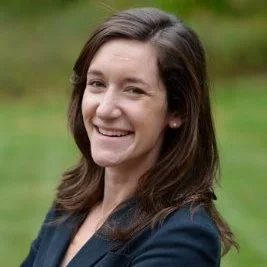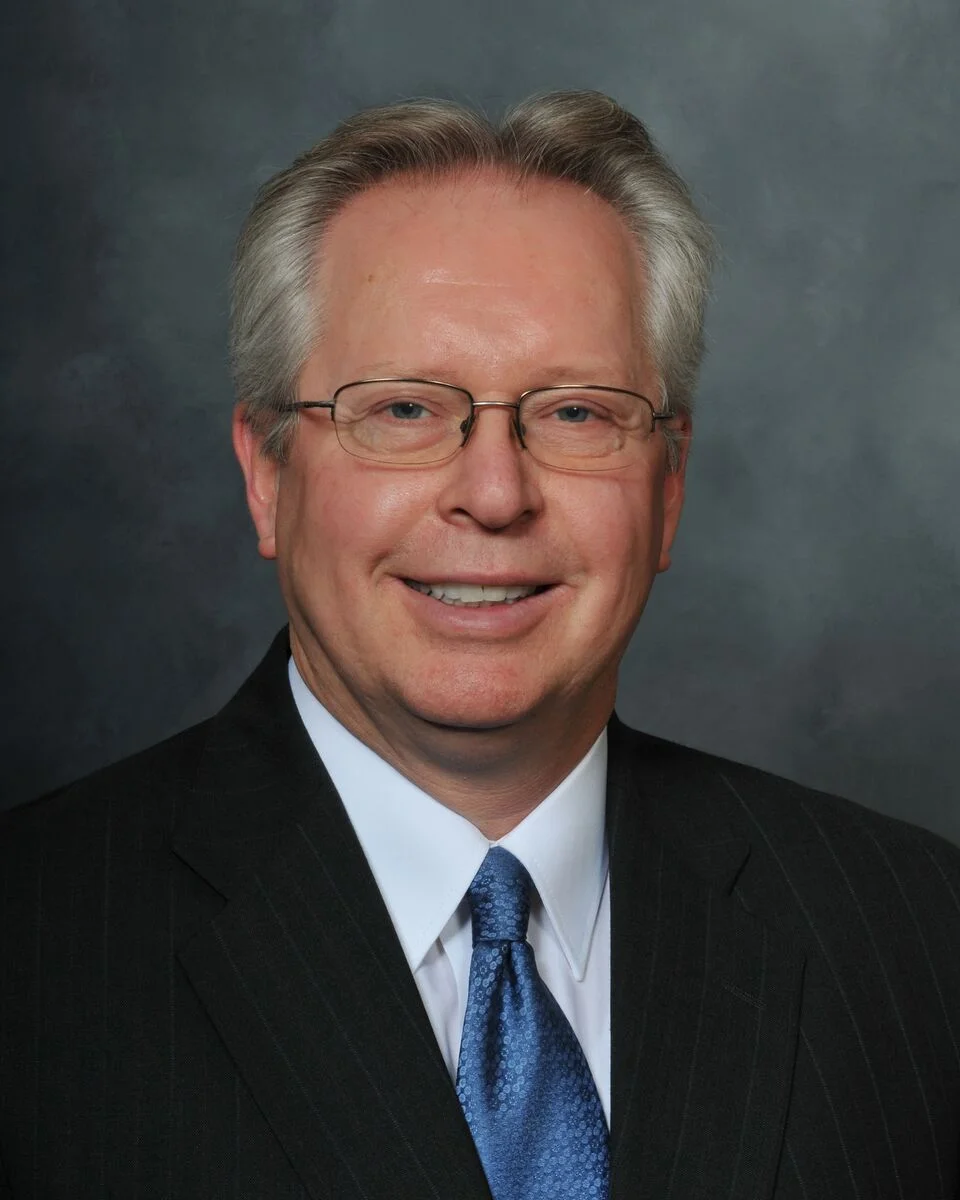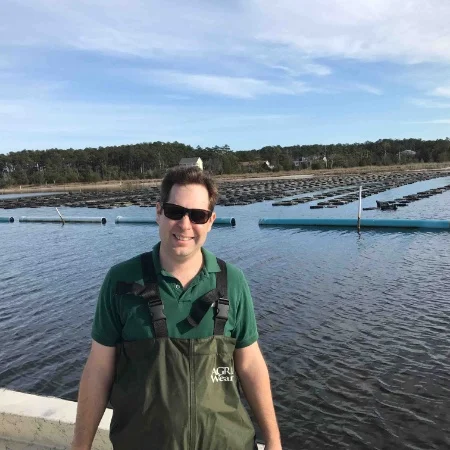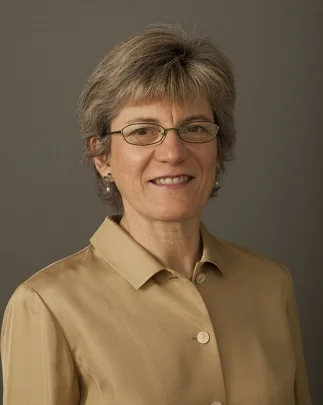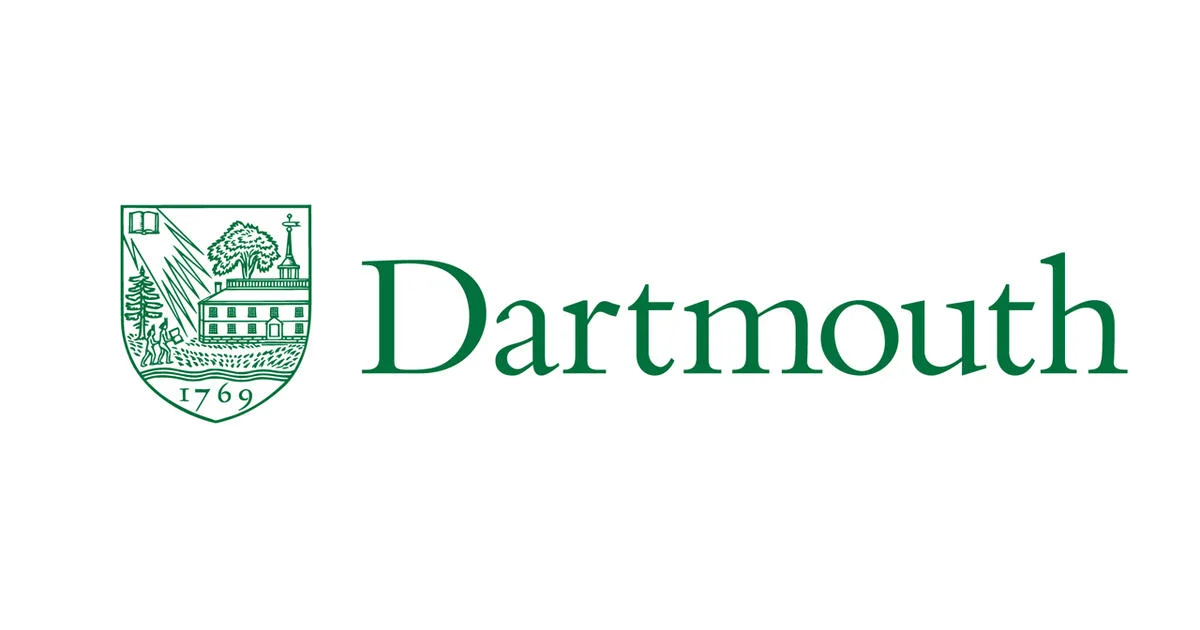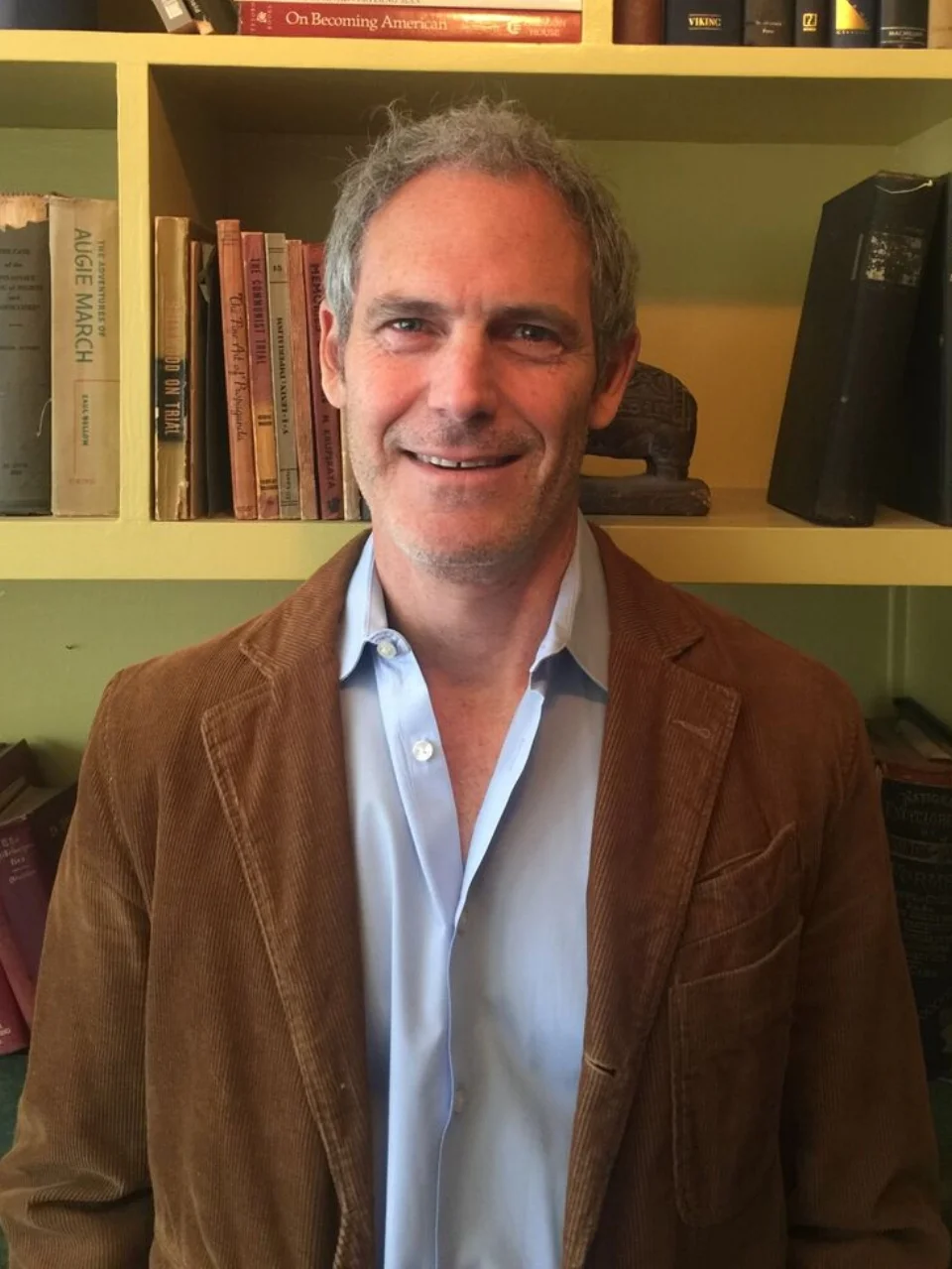MIT Water Summit 2017: Water-Food Nexus
The MIT Water Summit brings together representatives of industry, academia, government, and NGOs to reflect upon the most pressing questions in the water sector. As populations continue to grow and demand for food rises, the role of water in meeting future food needs will become increasingly critical. This year’s MIT Water Summit will focus on issues at the heart of the food-water nexus, reflecting on the role of water in food production – both in agriculture and aquaculture – and the innovation, policy, and technologies required to support healthy and sustainable communities.
Thank you for a great event!
Stay tuned while we update the site with highlights from the 2017 MIT Water Summit!
Monday, November 6th
Watering Our Crops
8:00 am - Breakfast and Networking Session
9:00 am - Introduction to the Water-Food Nexus by Prof. Chandra Madramootoo (Director, McGill Water Innovation Lab)
9:30 am - Keynote by Rajiv Singh (Managing Director, Rabobank North America)
10:15 am - Break
10:35 am - Panel: Groundwater Resources
12:00 pm - Lunch and Networking Session
1:30 pm - Panel: Surface Water Pollution
3:00 pm - Break
3:20 pm - Panel: Uncertain Water Future
5:00 pm - Networking: Poster Session and Technology Showcase
Tuesday, November 7th
Growing Our Protein
8:00 am - Breakfast and Networking Session
9:00 am - Keynote by Dr. Christopher Briggs (Executive Director, Water Footprint Network)
9:45 am - Panel: Meat
11:15 am - Break
11:35 am - Panel: Fisheries and Aquaculture
1:00 pm - Lunch and Water Career Panel
2:30 pm - Panel: The Path Forward
4 - 6:00 pm - Water Career Networking Session
Keynote Speakers
Join us as we kickoff the Summit and both mornings with industry experts!
Introduction to Water-Food Nexus
Professor Chandra Madramootoo
Chandra Madramootoo is a James McGill Professor in the Department of Bioresource Engineering at McGill University, and Director of the McGill Water Innovation Lab. He is also a Visiting Professor and Visiting Scholar in Water and Food Security at MIT. He served as Dean of Agricultural and Environmental Sciences from 2005 to 2015, and was the Founding Director of the Brace Centre for Water Resources Management at McGill. As Dean, he modernized the teaching and research labs, and created new programs in integrated water management, food safety, food security, and innovation and entrepreneurship.
Professor Madramootoo’s areas of expertise are water management, irrigation and food security. He has published over 230 book chapters and refereed journal papers, delivered over 200 conference presentations, and has been invited to deliver some 160 keynote presentations at national and international conferences and symposia. He has supervised the thesis research work of 95 MSc and PhD students. He has garnered millions of dollars of externally funded research grants and contracts, and has extensive field experience in Central Asia, Egypt, India, Pakistan, Sri Lanka, Sub-Saharan Africa, China, and the Caribbean.
Chandra Madramootoo is a Fellow of the Canadian Society of Bioengineering, Fellow of the American Society of Agricultural and Biological Engineers, and was awarded the DSc (honoris causa) by the University of Guelph. He is Vice Chair of the Board of Governors of the International Development Research Centre of Canada (IDRC), was Chair of the Board of Trustees of the International Crops Research Institute for the Semi-Arid Tropics (ICRISAT), and was elected President of the International Commission on Irrigation and Drainage (ICID).
Nov 6 Keynote Speaker
Rajiv Singh
Rajiv Singh is Managing Director of Rabobank's North America Wholesale banking business.
Rajiv Singh is a strategic advisor, and investor, serving corporations, funds, entrepreneurs and professionals with a focus on innovation, value creation and corporate finance. Mr. Singh has served in the several leadership roles, including as Chief Executive Officer for Rabobank North America Wholesale Banking where he directed the bank’s corporate and institutional client activities in the U.S., Canada and Mexico, which include corporate banking, private equity and venture capital, mergers and acquisitions, specialized products, food and agribusiness research, and capital markets activities, as well as all operational and support functions. Mr. Singh has broad financial services industry experience gained during his investment banking career at Deutsche Bank and Credit Suisse, as well as experience in corporate strategy and execution gained during his tenure at United Technologies and Nestle. He is a graduate of Harvard Business School and the Indian Institute of Technology, where he has won awards for outstanding academic achievement. Mr. Singh has been a member of Investment Committee at Arlon Food and Agriculture Partners LLC and the Board of Directors of Rabo Securities Canada, Inc., and chairs the board of Rabo Securities USA, Inc. Mr. Singh has spoken extensively on topics ranging from innovation, leadership, corporate finance to fintech and been interviewed and quoted by many major publications, including Financial Times, Wall Street Journal, Bloomberg, and Forbes.
Rabobank is a premier bank to the global food and agriculture industry, and a leading financial partner to the top food, beverage and agribusiness companies in North America, where the bank has operated for more than 30 years. Rabobank is recognised for its expertise and experience in all major sectors of agriculture/agribusiness – including animal protein, grains and oilseeds, beverages, and value-added processing.
Nov 7 Keynote Speaker
Dr. Christopher Briggs
Dr Christopher Briggs is the Executive Director of the Water Footprint Network and is a sustainable development professional with a broad focus on improving the management of land and water and livelihoods, with a long experience in climate change. Working at a senior level with UNDP, UNEP, World Bank and the Wetlands Convention in the Americas, Africa and Europe, he has gained extensive experience in managing projects and global programmes and fund-raising. Christopher has lived in multi-cultural environments for over 30 years and is fluent in English, Spanish, Portuguese and French, having lived in Brazil, France, India, Kenya, Mexico, Nepal, Panama, Switzerland, Tanzania, UK, USA and the former Yugoslavia.
The Water Footprint Network is a non-profit, multi-stakeholder network providing science-based, practical solutions and strategic insights that empower companies, governments, individuals and small-scale producers to transform the way we use and share fresh water within earth’s limits.
Groundwater Resources
Groundwater resources are essential to the development and sustainability of the food-water nexus. Aquifers are at risk of contamination and over pumping as our communities use what they need for agriculture, municipal, and industry. How can we use groundwater resources more efficiently in the future? How will groundwater resources change over time? What impact will the private sector have on groundwater resources?
Liese Dallbauman
Liese Dallbauman has more than ten years of experience in water stewardship, focusing on mutually beneficial solutions to water challenges. She is the founder of Integrated Water Stewardship, LLC and an adjunct professor in Northwestern University’s department of chemical and biological engineering.
From 2008-2015, Liese was Director of Water Stewardship for PepsiCo’s global food and beverage businesses. Her responsibilities included in-plant water conservation training, water use analysis, and global water risk assessment and mitigation. These programs made major contributions to PepsiCo’s success in reducing its operational water use ratio by 20% from a 2006 baseline – four years ahead of the 2015 schedule. The company was honored to receive the 2012 Stockholm Industry Water Award in recognition of this achievement and its comprehensive approach to water stewardship.
Liese managed PepsiCo’s Positive Water Impact partnership with The Nature Conservancy, which focused on developing locally-relevant watershed restoration strategies. She represented PepsiCo in the World Business Council for Sustainable Development’s Water Leadership group, the Beverage Industry Environmental Roundtable, and other organizations. Before assuming her global role, she was a member of an interdisciplinary team focused on reducing energy and water used to manufacture PepsiCo’s Quaker, Gatorade, and Tropicana products.
Liese has also worked in development and analysis of environmental separations processes for NASA Johnson Space Center, Honeywell, and the Gas Technology Institute. She holds a bachelor’s degree in chemical engineering from the University of Colorado and master’s and doctoral degrees, also in chemical engineering, from the University of Notre Dame. She served as a Director of the American Institute of Chemical Engineers from 2006-2009 and was named a Fellow of the Institute in 2008.
Dennis McLaughlin
Dennis McLaughlin is the H.M. King Bhumibol Professor of Water Resource Management in MIT's Civil and Environmental Engineering department. Professor McLaughlin's primary research interests include ground water hydrology, water resource systems, and environmental data assimilation.
Timothy Griffin
Dr. Timothy Griffin is the director of the Agriculture, Food and and Environment program, as well as an associate professor at the Friedman School. His primary interests are the intersection of agriculture and the environment, and the development and implementation of sustainable production systems.
Griffin's current research is focused on the environmental impacts of agriculture (nutrient flows, carbon retention and loss, and climate change), and impacts of policy on adoption of agricultural practices and systems. His past research responsibilities have included field and lab components addressing: crop management, alternative crop development, short- and long-term effects of cropping systems on potato yield and quality, management strategies to improve soil quality, manure nitrogen and phosphorus availability, soil carbon sequestration and cycling, emission of greenhouse gases from high-value production systems, and grain production for organic dairy systems.
Giovanni Piccinni
Giovanni Piccinni is the Global Production Sustainability Lead at Monsanto Company. Dr. Piccinni has worked on irrigation management and water conservation technologies for the last 25 years. He has been involved with many aspects of plant responses to stress, ranging from introduction of cropping systems for yield optimization to evaluation of biotechnology traits for resistance to drought. In his current role he leads Monsanto’s Global Field Optimization team, focusing primarily on introducing sustainable irrigation practices in seed production fields.
Prior to joining Monsanto, Dr. Piccinni was an associate professor at Texas A&M University, where he established the plant stress physiology program. He also researched irrigation management and sustainable water usage at the Texas A&M University AgriLife Research and Extension Center. Dr. Piccinni is a member of the American Society of Agronomy, Crop Science Society of America, Soil Science Society of America and the European Association of Doctors in Agronomy. Dr. Piccinni earned his doctorate in agronomy at the University of Bari, Italy.
Surface Water Pollution
Surface water is a primary source of water for agricultural, industrial, and household use. Contaminants from industrial waste, stormwater, wastewater, and agricultural runoff are polluting many of our surface water sources. How is surface water regulation changing? What are the latest technologies designed to combat surface water pollution? How can we curb harmful practices?
Steve Winnett
Steve has worked as an Environmental Scientist at the U.S. Environmental Protection Agency for past 28 years. He primarily works on Clean Water Act programs including the clean up and restoration of polluted water bodies in New England. Additionally, Steve focuses on animal agriculture impacts on water quality, and clean up strategies. Steve also investigates the impacts of climate change on water quality. Previously, he evaluated climate change effects and mitigation strategies regarding U.S. forests and agriculture. He holds a B.S in Natural Resources from the University of Michigan, and a Masters and Doctor of Forestry from Yale University.
Allison Thomson
Allison is the Science & Research Director at Field to Market. She comes to Field to Market from a research institute at the University of Maryland where she conducted research and managed science programs for federal government clients. She has fifteen years of experience in research on agricultural systems and their interactions with energy systems and the environment. Her work has included participation in field campaigns to simulation modeling at farm to national and global scales. She has written or contributed to over 50 peer-reviewed publications, and held leadership positions with several national and international scientific programs. Allison holds a B.A. from Carleton College and a Masters of Environmental Management from Duke University.
Marcia DeLonge
Marcia DeLonge is a senior scientist in the Food & Environment Program at the Union of Concerned Scientists (UCS). Dr. DeLonge conducts scientific research and analyses identifying practices that lead to healthy, sustainable food and farming systems. Her work seeks viable opportunities within agriculture to both adapt to and mitigate climate change.
Before joining UCS, Dr. DeLonge was a postdoctoral scholar at the University of California, Berkeley, in the Department of Environmental Science, Policy, and Management. She worked on a multi-stakeholder project that combined agriculture and climate science by seeking climate change solutions on grazing lands. Her field work and life cycle modeling helped reveal the potential for compost applications to promote sustainable agriculture while mitigating climate change.
Dr. DeLonge has a Ph.D. and M.S. in environmental science from the University of Virginia, where she developed expertise in atmospheric science, hydrology, ecosystem science, and numerical modeling. She also earned a B.A. in environmental science from Northwestern University.
Tim Randhir
Dr. Randhir’s is a professor and graduate program director of the Department of Environmental Conservation at UMass Amherst. Dr. Randhir's primary interests include: watershed management, water quality, ecological economics, complex systems, dynamic modeling and optimization, spatial analysis and simulation, Institutional economics, GIS-Internet-Simulation interfacing, systems modeling, climate change, land use policy, international trade and development, common pool resource management, nonpoint source pollution, and natural resources policy and management.
Uncertain Water Future
Uncertainty in the global political atmosphere, climate change, and resource management play a large role in today's world. How will climate change impact food and water resources? What roles do politics and the economics of water play? What technologies are available to reduce uncertainty?
Steven Schonberger
Steven Schonberger is the World Bank’s Practice Manager for the Bank’s overall water program for the Middle East and North Africa Region (including water supply and sanitation, water resources management, large dams and irrigation). Under his direction, the Bank has developed and supported with clients, programs in utility and regulatory reform, public-private partnerships, large dams and groundwater management, irrigation and innovations in integrated urban water management in countries throughout the Middle East, North Africa, Europe and Central Asia.
Mr. Schonberger is also the Global Lead for Water in Agriculture and in this role develops the World Bank’s strategic approach for supporting water and food security, overseeing quality assurance of lending and analytical products worldwide, and leads the Bank’s outreach and partnerships regarding the water in agriculture agenda. He is an economist who has worked in the public, private and civil society sectors on issues of agricultural development, water resources management, nutrition, agribusiness and rural and microfinance services. In addition to the World Bank, Mr. Schonberger has worked with private banks in his native California, in farming in several parts of the World, and with United Nations agencies such as the International Fund for Agricultural Development.
Kenneth Strzepek
Kenneth is a research scientist at MIT's Joint Program on the Science and Policy of Global Change and a Professor Emeritus of Civil, Environmental, and Architectural Engineering at the University of Boulder in Colorado.
Kenneth Strzepek has spent 30 years as a researcher and practitioner at the nexus of engineering, environmental and economics systems, primarily related to water resource planning and management, river basin planning, and modeling of agricultural, environmental, and water resources systems. His work includes applications of operations research, engineering economics, micro-economics and environmental economics to a broad range applications: from project scale to national and global investment policy studies. He has worked for a range of national governments as well as the United Nations, the World Bank, the USAID. He is Professor Emeritus of Civil, Environmental and Architectural Engineering at the University of Colorado at Boulder, and recently a Visiting Professor of Economics and Affiliated Professor in College of Architecture and Planning at the University of Colorado at Boulder. He is a Visiting Senior Research Fellow at the International Food Policy Research Institute as well as an International Fellow at the Center for Environmental Economics and Policy for Africa and Examiner in the Department of Agricultural Economics at the University of Pretoria, South Africa. He has been an contributing author to the Second IPCC assessement, the Millennium Ecosystem Assessment, the World Water Vision, and the UN World Water Development Report. He is currently the USAID Scientific Liaison Office on Water and Climate Change to the CGIAR. Prof. Strzepek has a PhD in Water Resources Systems Analysis from MIT, an MA in Economics from the University of Colorado and is currently a PhD candidate in the Department of Economics at the University of Hamburg, Germany.
Marshall Moutenot
Building upon past experience at multiple early-stage technology companies, Marshall cofounded public benefit corporation Upstream Tech. At the intersection of satellite imagery and machine learning, Upstream Tech monitors and measures patterns of freshwater consumption and availability from space. As freshwater uncertainty is exacerbated by climate disruption, conservation groups, municipalities, energy companies and water managers all leverage this platform to make more informed decisions to better conserve our freshwater ecosystems and ensure sufficient supply freshwater consumers.
Richael Young
Richael is the Cofounder and CEO of Mammoth Trading. Richael specializes in water valuation, risk, strategy, and market design. As an economist, engineer, and entrepreneur, she brings together complementary skillsets for water resources management and policy. She strives to create tailored and cost-effective solutions to pressing water security problems that achieve local economic and environmental goals.
In 2014, Richael cofounded Mammoth Trading, where she serves as CEO. In this capacity, she led the development and implementation of the first smart markets, or algorithmic clearinghouses, for surface water and groundwater in the world. Richael has presented her work at the first-ever White House Water Summit, at World Water Week in Stockholm, and at the Imagine H2O Water Policy Challenge.
Richael holds a B.S. in civil and environmental engineering and an M.S. in agricultural and applied economics from the University of Illinois at Urbana-Champaign.
Meat
Creating *meat* - the primary source of protein for many Americans - is extremely water intensive. What role does meat play in global water usage? What technologies and strategies are available to catalyze change? How will this impact farmers?
Eliza Roberts
Eliza is a manager on the water team at Ceres. She manages Ceres’ agricultural water stewardship program mobilizing leading food sector companies and investors to address sustainability risks facing our water and food systems. In this role, she works with food sector companies to evaluate their water risk, improve water management practices and reduce the impact of agriculture on water resources. Eliza is the co-author of Feeding Ourselves Thirsty: How the Food Sector is Managing Global Water Risk.
Prior to Ceres, Eliza worked for Coca-Cola in India, where she oversaw the implementation of water and sanitation projects. She previously worked in business development at the Forest Stewardship Council (FSC) where she worked with companies to manage deforestation related risks.
Eliza received her MBA with an emphasis on sustainability and supply chain management from the George Washington University School of Business and her bachelor's degree from Bates College in global environmental policy and Russian. She loves to cook, kayak and explore the outdoors with her husband and two kids.
Bill Gill
Bill graduated from Virginia Tech with a BS in Civil Engineering and is a licensed Professional Engineer. Bill has worked for Smithfield Foods for 25+ years, holding various project engineering and environmental positions. He is currently Assistant Vice President Environmental Affairs and is responsible for Smithfield’s EMS/ISO14001 program, sustainability metrics collection and compilation, CSR Report development, compliance auditing, environmental training, and technical support for company operations.
Bill is a current member of the North American Meat Institute (NAMI) Environmental and Sustainability Committee and Board Chair for the Global Environmental Management Initiative (GEMI). Bill is also a current participant in the PMMI OPX Sustainability Solutions Group and a Board member of the Alliance for the Chesapeake Bay. He has been a member of the Environment Virginia Symposium Advisory Committee for several years.
Nancy Labbe
Nancy is the Senior Program Officer for Ranching and Conservation at the World Wildlife Fund (WWF). Nancy was born and raised on an 8,000 acre ranch in the Sandhills of Nebraska, owned by her family for 5 generations over 110 years. Her upbringing gave her valuable on-the-ground experience in managing cow-calf operations and a deep understanding of the issues facing ranchers in America’s Northern Great Plains. Nancy has worked in a variety of capacities in the beef and bison production sectors, having held numerous positions throughout the beef and bison supply chains. Additionally, she was appointed by the Governor of Colorado to the board of the Colorado Beef Council and US Meat Export Federation, a position she held for 6 years.
At WWF, Nancy leads direct engagement with the ranching community in North America with a special focus on the Northern Great Plains region, where sustainable beef production goes hand-in-hand with conserving the iconic grassland ecosystem on which it relies. Through the Sustainable Ranching Initiative, Nancy is working to maintain grasslands for generations by identifying and accelerating the use of more ecologically and economically sustainable land management practices. She also works to influence national and global marketplace efforts on sustainable beef production. Through Nancy’s engagement, WWF played a key role in the development of the US Roundtable for Sustainable Beef, bringing key stakeholders together to identify opportunities for the future of sustainable beef production.
David Kanter
David Kanter is an assistant professor of Environmental Studies at NYU; his research examines the interconnected challenges of nitrogen pollution, food security and sustainable development, with a particular focus on the scientific, socio-economic and legal dimensions of returning to a safe planetary for nitrogen; and balancing the multiple, and often competing, objectives of sustainable agriculture. Kanter uses an interdisciplinary set of research methods to investigate these issues. Reading the sustainable meat ecosystem, Kanter's most direct experience includes a multi-year project working with Uruguay's Ministry of Agriculture to develop a strategy to align their beef sector with the Sustainable Development Goals. More broadly, manure from livestock production is one of the biggest drivers of nitrogen pollution, which is a central focus of Kanter's research.
Prior to NYU, Kanter was a postdoctoral research fellow at Columbia University's Earth Institute. Kanter received his bachelor's degree in chemistry and law from the University of Bristol in the U.K. and his mater's degree and doctorate in science, technology and environmental policy from Princeton University.
Fisheries and Aquaculture
What is aquaculture? Why is aquaculture important? What impact does aquaculture have on the local ecology? How do the economics of aquaculture play out? What role does policy play in global aquaculture? What are the aquaculture technologies to watch?
Wally Stevens
Wally Stevens, President of the Responsible Aquaculture Foundation and presently the Executive Director of the Global Aquaculture Alliance, began his career in the seafood industry more than 44 years ago. He has held leadership positions in large, publicly traded corporations, small startup salmon farming operations, and with mid-sized family owned companies. The nature of his responsibilities has included all aspects of the seafood production chain to include fishing vessels, aquaculture hatcheries and farms, shore side processing facilities, cold storage operations, wholesale seafood distribution and manufacturing of value added products. For much of his career, Stevens has been a volunteer with the National Fisheries Institute where he served as Chair in 2001 and co-founded its Future Leaders program. For the past 8 years Stevens has been the Executive Director of the Global Aquaculture Alliance, an advocacy NGO for responsible aquaculture. Stevens is also a Trustee of the University System of New Hampshire.
Robert Jones
Robert currently serves as the Global Aquaculture Lead at The Nature Conservancy. Robert earned his B.A. in International Relations at Boston College, and an M.S. in Marine Affairs and Policy from the University of Miami. Robert has worked at NOAA as a Commercial Shrimp Economics Research Assistant and as a Program Coordinator for the Office of Aquaculture.
Ta Herrera
Guillermo ("Ta") Herrera came to Bowdoin in July 2000. En route, he received his A.B. in Biology (with emphases on sociobiology and population dynamics) from Harvard College, followed by two years working in a human cancer genetics lab. He then attended the University of Washington, receiving a M.S. in Quantitative Ecology & Resource Management followed by an M.A. and a Ph.D. in Economics.
Professor Herrera teaches microeconomics at both the introductory and intermediate levels, as well as environmental and natural resource economics – these latter courses cross-listed with Environmental Studies. He has supervised many independent study and honors students in their research of matters related to environmental regulation, renewable energy, and natural resource use.
A reformed competitive cyclist, Professor Herrera is faculty advisor to the Bowdoin Cycling Club and, on a good day, can keep up with most of them. He lives in Brunswick with his wife Jerry, their sons Oscar and Nico, and their boxer Phinney. The family enjoys traveling together, as well as cycling, skiing, fishing, and exploring the wilds of Maine.
Anne R. Kapuscinski
My work stresses a systems approach to sustainability challenges, integrating across ecological, social, and economic domains of the problem. My prior research has examined the impacts of technologies—from dams and hatcheries to aquaculture and genetic engineering—on fish conservation. My current research examines how integrated food-energy systems address the food-water-energy nexus in ways that support climate change mitigation and adaptation. Current projects examine integrated food-energy systems on dairy farms; and using microalgae to develop more sustainable feeds for aquaculture, the world’s fastest growing food sector.
I participate actively in the science-policy interface, presently as Chair of the Board of Directors of the Union of Concerned Scientists. I also serve on the UN Food and Agriculture Organization, Committee on Fisheries Advisory Working Group on Aquatic Genetic Resources and Technologies. I have been a scientific advisor to the U.S. Secretary of Agriculture (under three administrations), U.S. Food and Drug Administration, World Health Organization and Food and Agriculture Organization of the UN, Global Environment Facility, European Union Food Safety Agency, state of Minnesota; and served on four U.S. National Academy of Science committees addressing salmon conservation and risk analysis of genetically modified organisms. I currently serve as inaugural Editor in Chief of Sustainability Transitions, a domain of the online journal, Elementa: Science of the Anthropocene. I teach courses on environment, society and sustainability; and serve as advisor for Dartmouth’s sustainability minor.
The Path Forward
What is the path forward for the food-water nexus? What can you do to help? What should you keep an eye on for the future of water and the impact on global agriculture.
Annette Huber-Lee
Annette Huber-Lee is a senior scientist who focuses on water resource management and policy. She returned to SEI-US in May after serving as director of SEI Asia, in Bangkok, from mid-2012 until February 2013. She has more than 20 years of professional experience in international and domestic planning and management of environmental and water resources.
Annette focuses on the integration of economic, engineering, and ecological approaches to solve environmental and social problems in a comprehensive and sustainable manner, as well as the development of innovative approaches to environmental policy and natural resource conflict management.
She has also served as a research assistant professor and lecturer in the Department of Civil and Environmental Engineering at Tufts University. From 2006 to 2008, she served as science leader and theme leader for the Challenge Program on Water and Food and the International Food Policy Research Institute in, Washington, DC. From 2001 to 2006, she directed the Water Program at SEI-US in Boston.
She has a Ph.D. in engineering sciences from Harvard University, an M.S. in civil engineering from the Massachusetts Institute of Technology, and a B.S. in agricultural engineering from Cornell University.
Mark Rosegrant
Mark W. Rosegrant is the Director of the Environment and Production Technology Division at the International Food Policy Research Institute (IFPRI) in Washington, DC. With a Ph.D. in Public Policy from the University of Michigan, he has extensive experience in research and policy analysis in agriculture and economic development, with an emphasis on water resources and other natural resource and agricultural policy issues as they impact food security, rural livelihoods, and environmental sustainability. He currently directs research on climate change, water resources, sustainable land management, genetic resources and biotechnology, and agriculture and energy.
He is the author or editor of 12 books and over 100 refereed papers in agricultural economics, water resources, and food policy analysis. Dr. Rosegrant has won numerous awards, such asOutstanding Journal Article (2008), Quality of Communications Award (2004), and Distinguished Policy Contribution Award(2002) awarded by the Agricultural and Applied Economics Association (formerly American Agricultural Economics Association); and Best Article Award (2005) from the International Water Resources Association. Dr. Rosegrant is a Fellow of the American Association for the Advancement of Science; and a Fellow of the Agricultural and Applied Economics Association.
Frederick Kaufman
Frederick Kaufman is Professor of English and Journalism at the City University of New York's Graduate School of Journalism. His magazine work has appeared in Harper's, Foreign Policy, Nature, Popular Science, Scientific American, Slate, Wired, The New York Times Sunday Magazine, and many others. His most recent book, Bet the Farm: How Food Stopped Being Food, investigated the financialization of global food. He has delivered lectures at The National Press Club, Harvard Law School, Yale, and the General Assembly of the United Nations. He has spoken on National Public Radio on many occasions, and television appearances include MSNBC, Fox Business News, and Democracy Now. The documentary on Wastewater he hosted and executive produced for Vice was nominated for a Webby.
Mark York
Mark York is the President and co-founder of Tractors for Africa and a consultant with McKinsey specializing in agricultural strategy. Mark is intimately familiar with modern agriculture, having worked on his family’s Minnesota farm and studying precision agronomy and mathematics at South Dakota State University. As part of Cargill’s grain-trading platform, Mark led the transition to machine-learning models to predict global crop production and prices. At Weather Analytics, he led the agricultural data science team and worked with crop insurers to manage portfolio risk from catastrophic crop failure. At McKinsey, Mark works with players along the entire agriculture value chain from crop inputs to grocery. He also helps organizations build strategy for agriculture in the developing world.
In 2016, Mark co-founded Tractors for Africa, a 501c3 organization improving standards of living in rural Africa through agricultural mechanization. In controlled trials, proper tractor tillage has increased sorghum yields by 190% vs. hand tillage. Tractors for Africa donates tractors to farmer cooperatives and provides training, spare parts, and business planning to ensure sustainability. The organization also helps farmers properly manage water, nutrients, and organic matter to ensure sustainable increases in yield, income and standard of living.
Water Career Panel
Looking for a career in water? Our panel members have all worked in the water industry for many years, and are looking forward to sharing their experiences with you! Join us to hear words of wisdom form Keynote Speakers Rajiv Singh and Christopher Briggs, as well as Panelist Liese Dallbauman!
Networking Sessions
Looking to network with students, professors, or industry experts? You'll have plenty of great structured and unstructured time to make those connections. During breakfast and lunch both days, there will be networking time over light beverages and food. Additional networking opportunities include the Water Career Panel, the Technology Showcase, the Poster Session, and the Working Groups. We will have receptions following the final panel each day as well, to help facilitate making connections with Summit attendees. Hope to see you there!
Technology Showcase
The 2017 Water Summit will feature a technology showcase on November 6th. If you or your organization would like to participate, please fill out this form and contact us with any questions.
Technologies to be showcased at the 2017 Water Summit include:
Greentown Labs (represented by Cayman Somerville and Ana Melentijevic)
Developing a 1,800 sq. ft. shared wet lab to support cleantech startups working with water resources, chemicals, and advanced materials. The wet lab includes shared fume hoods, gases, RO/DI water, rotovaps, snorkels, and a lot other equipment.
OffGridBox (represented by Troy Billett)
A solar-powered water filtration unit that can easily be deployed in rural communities (currently focused on Rwanda). Families pay on an as-needed basis only $0.12/day for 6 gallons of water and a battery pack for three lights and two phones.
Poster Session
Looking for an opportunity to showcase your research, or for a chance to check out the latest MIT research? Please fill out this form to be included in the poster session and contact us with any questions.
Posters to be presented at the 2017 Water Summit include:
Riverbank Filtration at the Water-Food-Energy Nexus
Thomas Boving, University of Rhode Island
The role of gender in water, and food provision, in rural underdeveloped areas
Christiana Smyrilli, MIT
Electrochemical Degradation of Cypermethrin Pesticide on a SnO2 Anode
Houceine Bouya, Salem State
Effect of temperature on nanofiltration membranes
Yagnaseni Roy, MIT
Solar Water Pumps: Technical, systems and business model approaches to evaluation
Brennan Lake, Amit Gandhi and Jonars Spielberg, TechXLab Inc. and MIT
Degradation of organic pollutants by hydroxyl radicals produced from the oxygenation of reduced montmorillonite
Weiyu Yao, Harvard
Activated Carbon Sediment Amendment to Reduce Bioaccumulation During Ongoing Pollution – a Sediment Mesocosm Study with Three Organisms of Different Functional Traits
Alice Wang, Northeastern University
Phage Therapy for Aquaculture
Fatima Hussain, MIT
Agriculture intensification and Dietary Guidelines for Americans
Laura Barley, Tufts University
Climate change at the food-water nexus in Africa
Amy Dale, MIT
Planning for Scarcity: Future of Irrigation Agriculture and Land Use Management in Jordan Valley
Sera Tolgay, MIT
Wastewater Bazaar
Alka Palrecha and Ranu Singh, MIT
A Landscape Approach for Navigating Municipal Purchase of Agricultural Water Rights
Sourav Biswas
Big data and remote sensing for understanding crop yields and crop water use
Tiziana Smith, MIT
Antibiotic Resistant Bacteria on Cape Cod Beaches
Megan May, MIT
Blue Cities /Charles River Watershed Association
Mande Pallavi, Charles River Watershed Association
Implementation of a CWERC (Community Water and Energy Resource Center) in an urban setting
Julie Wood, Charles River Watershed Association
Directions
The Summit will be held at Wong Auditorium on MIT's campus: 2 Amherst St., Cambridge, MA 02142.
Parking around MIT is limited so we strongly encourage you to take public transportation or use a taxi/ride-sharing service. Wong Auditorium is a 3 minute walk from the Kendall/MIT Station on the Red Line. By bus, the #1 or Dudley/Harvard Station bus stops at MIT on Massachusetts Avenue, where Wong Auditorium is a 15 minute walk through campus. There is bicycle parking in front of and across the street from Wong Auditorium.
Please contact us if you require parking.

